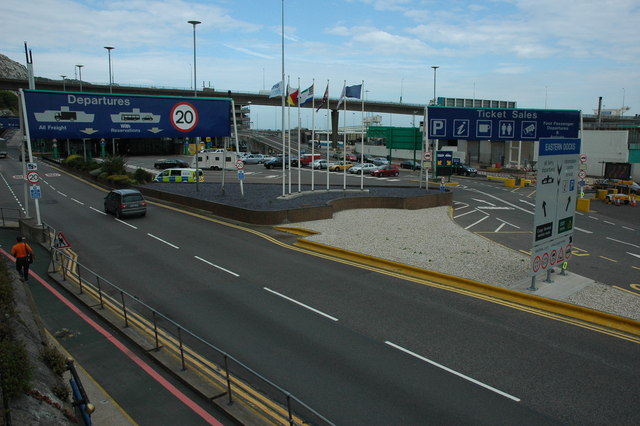
The British government announced on Tuesday that it would postpone the implementation of post-Brexit border controls on food and fresh produce from the European
Union, shifting the start date to January 2024.
Since departing from the EU's customs union and single market in January 2021, the UK has deferred the enforcement of these checks multiple times. However, British exports have already encountered controls for products destined for the EU.
The UK had initially planned to phase in its new import controls over a 12-month period, commencing from October 31 of this year.
"After considering the input from industry, the government has decided to postpone the introduction of the remaining sanitary and phytosanitary controls, along with full customs controls for non-qualifying Northern Ireland goods, by three months," the government stated.
It further mentioned that the revised timetable for additional controls on EU imports will allow stakeholders more time to prepare for the upcoming checks.
This will encompass physical inspections and safety declarations, to be gradually introduced throughout 2024.
Last week, the Financial Times reported that the UK's finance minister, Jeremy Hunt, supported a further delay to the border checks, expressing concerns that it could escalate food prices amid a cost-of-living crisis.
With UK inflation currently at 6.8 percent, it stands as the highest among G7 nations.
The UK officially exited the European Union on January 31, 2020, following a Brexit referendum in 2016.
British exporters have complained that EU controls have led to prolonged delays at Channel ports, increased bureaucracy and costs, placing them at a competitive disadvantage against importers within the bloc.
Critics argue that Brexit has erected trade barriers with the UK's largest foreign market for goods and services, resulting in higher food prices and reduced exports. Photo by Philip Halling, Wikimedia commons.


































